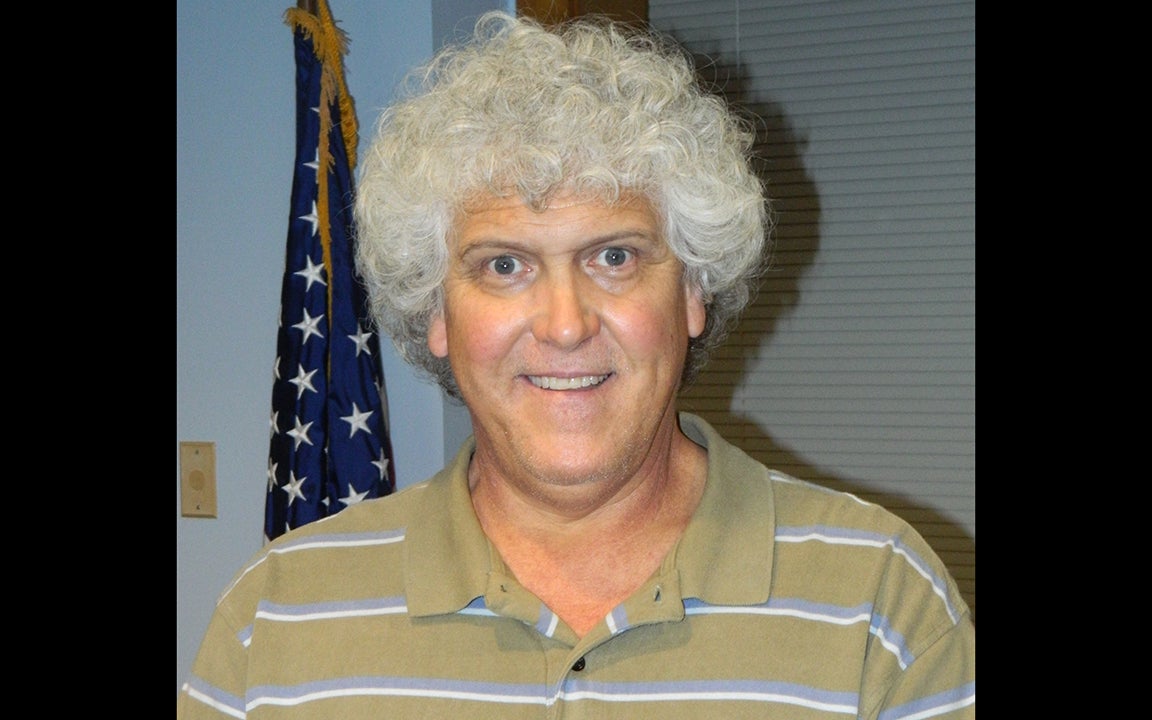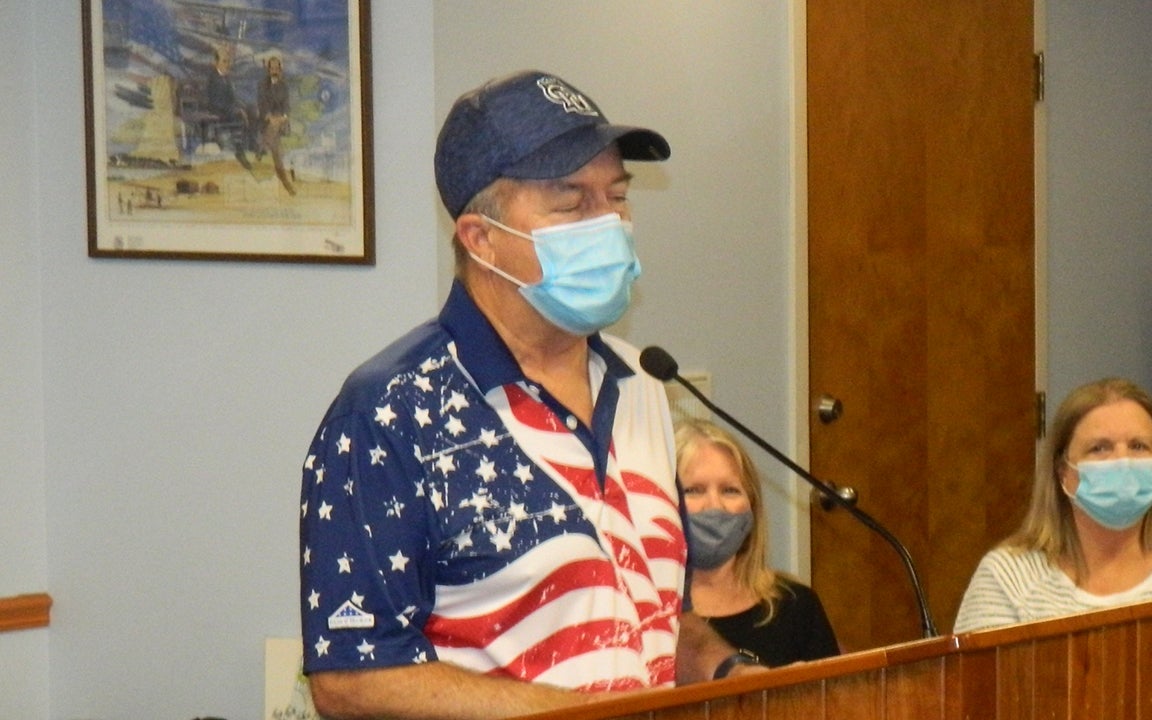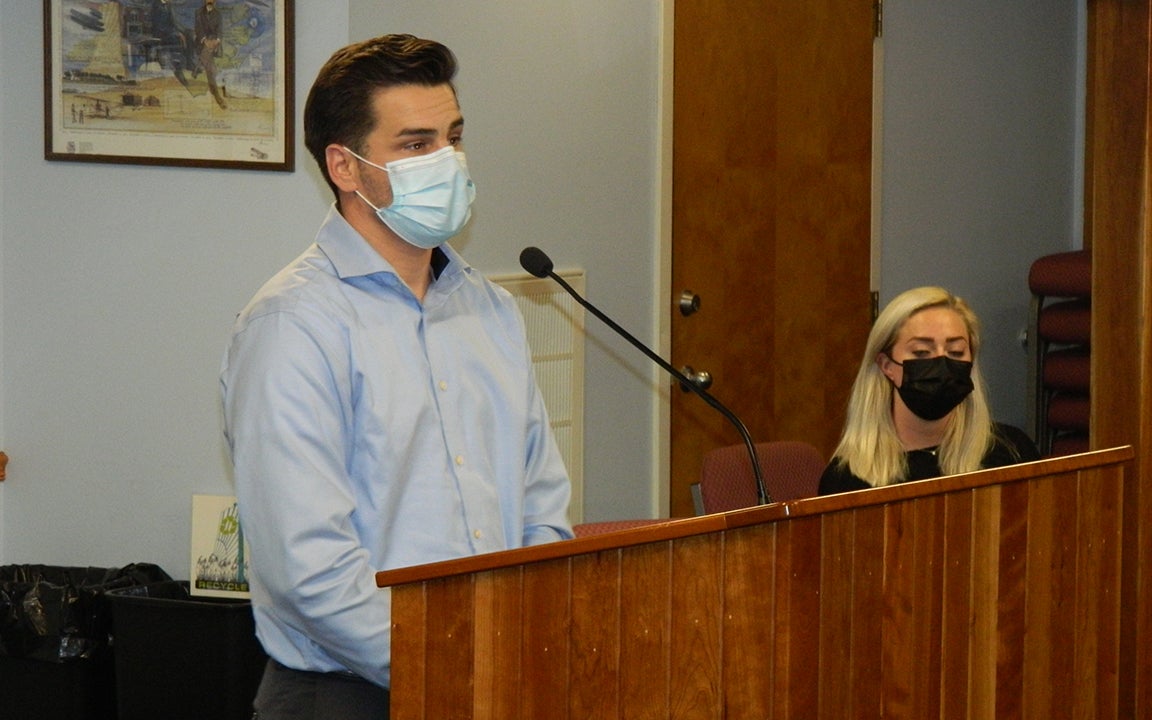Lowack elected KDH Zoning Board of Adjustment chair; board hears from two exemption applicants
Published 8:01 am Thursday, December 3, 2020
|
Getting your Trinity Audio player ready...
|
During this year’s only Kill Devil Hills Zoning Board of Adjustment meeting members on November 30 elected a new chairperson, a new vice chair and rendered decisions on two applications for zoning regulation exemptions.
Because the five member board – appointed by town commissioners – meets only when needed, the chair position has been vacant since Robert Rollason III resigned early in 2019. After approval of Monday’s agenda, the board’s legal counsel W. Jay Wheless oversaw the election of Michael Lowack as the new board chair. Shortly after, Ronald J. Seidman II was picked to fill the vice chair position previously held by Lowack.
The first application for the evening was from James T. Gray, who explained that he and his wife purchased a house on West Hayman Boulevard in October 2016. Because the entry door opens to stairs, making access to the home difficult, a contractor was hired to rebuild a deck across the entire front of the house. In addition to better aesthetics, Gray said the proposed deck addition would allow for a safer entry to the house. K & K Construction, recommended by Southern Shores Realty, was hired to do the work. The contractor had also completed work in Duck for another family member.
Gray went on to say that he was assured there would be no issue building a deck as the contractor would talk to the inspector when getting the permit and get a variance if needed. Shortly after hiring K & K Construction, the island was shut down due to COVID-19. Because travel restrictions imposed here prevented any non-permanent residents from entering Dare County, Gray was only able to monitor any work from his Chesapeake, Va. home through a doorbell video camera at the Kill Devil Hills house.
According to Gray, once work was completed the contractor was paid. However, on May 4 when the shutdown was lifted, he visited the house and found a stop work notice stapled to one of the house pilings. Checking with town officials Gray found the order was in place because no permit for the deck had been issued. In addition, it was noted, the deck construction encroached a front setback line on one end by about two feet.
When contacted, the contractor said he had applied for the permit online and the town lost it. Although the contractor did pay for an engineer to provide a report that the new deck was built structurally correct, recent calls to the contractor have reportedly gone unanswered.
“If we had been allowed to come down and look at the construction, this would have never happened,” offered Gray.
According to zoning administrator Donna Elliott, there was no record of a permit for the property and if a permit had been obtained, the owner would have been told to build behind a 30 foot front yard setback line in place there.
After careful review of the facts, board members determined that a hardship does exist as a result of conditions peculiar to the property in that the house is about 100 feet from the road that curves around Hayman Park. Other findings included that granting a variance would be consistent with the overall public welfare and not create nuisance or violation of other laws and a strict application of zoning rules would create an unnecessary hardship.
The board then voted unanimously to approve the variance request.
Although initial testimony in the second hearing request focused on the requirement for an additional parking space, other conditions at the Highview Street home helped lead to a variance request denial.
Appearing before the board, Zachary Shepherd said he was a first-time home buyer when he purchased the Highview Street home in December 2018. He bought the house through Zillow, an online real estate database company, with help from a Greenville Realtor. Built as a two bedroom, one bath in 1991, it was sold as – and listed as – a two-bedroom, two bath with a third living space in the bottom floor.
“The downstairs was already closed in,” Shepherd explained. “I would have to tear down a deck to comply with the parking area code.”
According to Elliott, as in the earlier hearing, construction took place without any required permits. In this case, however, the enclosed lower floor area was listed as a rental on Airbnb. It appears the wiring and plumbing were completed in 2016 and using that room as a bedroom meant three 10×20 ft. parking spaces are needed.
Shepherd commented that he has a septic approval that supports a three-bedroom home and that the only thing holding him back from making the lower addition legal is the parking space.
In an effort to meet the parking requirement, Shepherd said he created a gravel parking space, but the property line and a corner porch piling limit it to 10×15.5 ft. He added that there are several houses on the same street that fail to meet the 10×20 ft. parking space code per bedrooms or parking within the property line and he should be grandfathered in.
Elliott pointed out that while other homes in the area built in the 1950s to 1970s may not meet current guidelines, the standards would have to be met before any building permits could be issued.
She then added that Shepherd is already over the allowable lot coverage and including the gravel parking area would put him at 45.3 percent coverage.
When Shepherd advised a rear deck was not attached and could be moved, Elliott advised that such a structure was also a code violation.
After a brief discussion on what constitutes a bedroom, flood zones and garage spaces, the board voted to deny the variance request based on a determination that any hardships were a result of Shepherd not utilizing enough due diligence, that a strict application rules is appropriate, there is nothing peculiar about the property and that a variance might actually create other code violations.
Before closing out the meeting, more than one board member commented that while they commended Shepherd for trying to do the right thing, it might be worth his time to have additional discussions with town staff on how to comply with existing guidelines.
Board of Adjustment appeals are heard in superior court.
RECENT HEADLINES:
Thirty-seven additional positive COVID-19 test results reported in Dare








